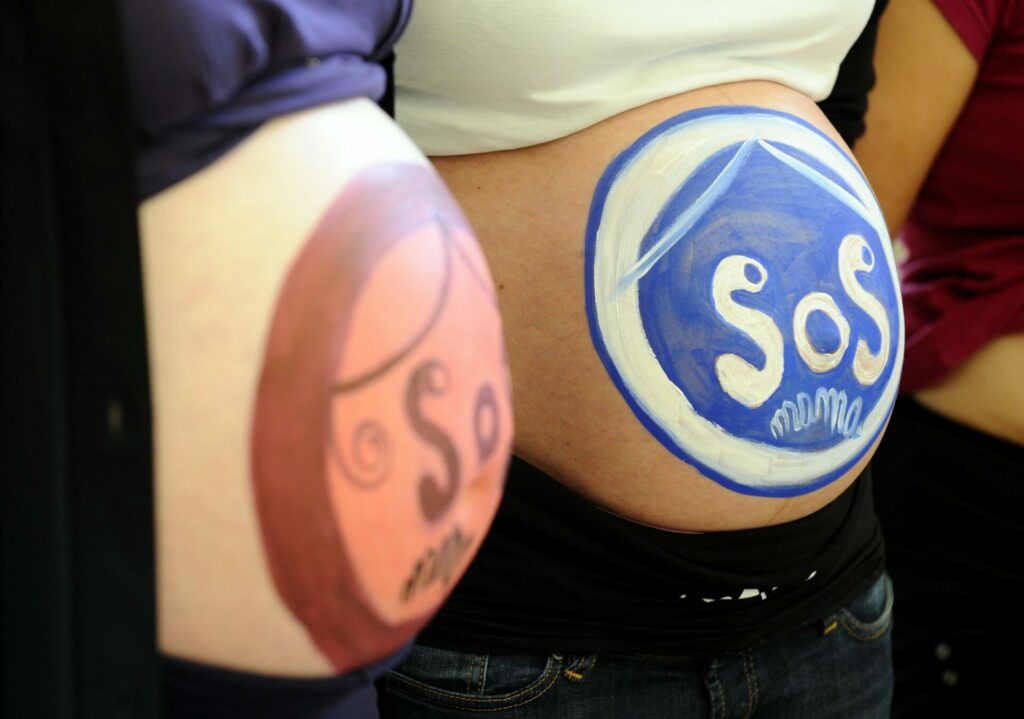The maternal mortality rate has dropped significantly in the last two decades, however, one woman still dies every two minutes as a result of pregnancy or giving childbirth, a report by the World Health Organisation (WHO) showed.
While the maternal mortality rate has fallen by more than one-third since 2000, millions of women are still at risk of complications during pregnancy or childbirth, largely as a result of stark disparities in healthcare access.
“While pregnancy should be a time of immense hope and a positive experience for all women, it is tragically still a shockingly dangerous experience for millions around the world who lack access to high-quality health care,” said Dr Tedros Adhanom Ghebreyesus, WHO's Director-General.
Globally, some 287,000 women died during pregnancy or childbirth in 2020, down from 446,000 in 2000. However, this only marks a slight decrease from 2016 (309,000 such deaths were recorded this year), when the UN Sustainable Development Goals came into force.
The report reveals that progress to meet global targets for reducing maternal deaths must be accelerated, "or else risk the lives of over 1 million more women by 2030."
US rates rising
Between 2000 and 2015, significant progress was made in reducing the number of deaths among pregnant women, however, since then, progress has largely stagnated and in some cases, reversed.
In total numbers, maternal deaths continue to be largely concentrated in the poorest parts of the world and countries affected by conflict: about 70% of all maternal deaths were in sub-Saharan Africa while in nine countries facing severe humanitarian crises, maternal mortality rates were more than double the world average.
However, Cyprus, Greece and the United States were also among the countries that recorded the biggest increase in their maternal mortality rates.
While the effects of the overturning of Roe v. Wade, ending federal abortion protections in the US, are not yet represented in the figures, researchers have found that this could result in the overall number of maternal deaths rising by a quarter. For Black women, deaths would rise by 39%.
Related News
- Hunger crisis disproportionately impacts girls
- 10,000 girls at risk of female genital mutilation in Belgium
"These new figures highlight the urgent need to ensure that every woman and girl has access to essential health services before, during and after childbirth and the ability to fully exercise her reproductive rights," Tedros said.
As the current data series ends in 2020, the WHO noted more data is needed to show the true impacts of the pandemic on maternal deaths.

